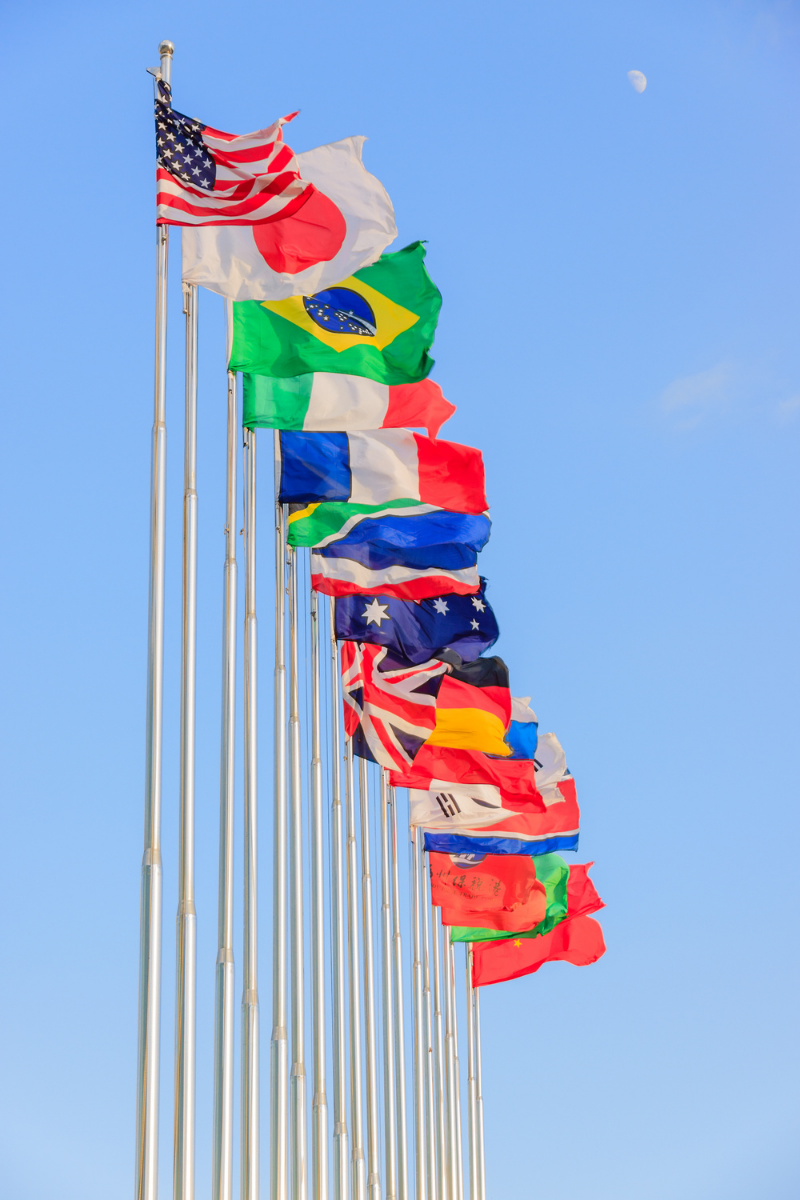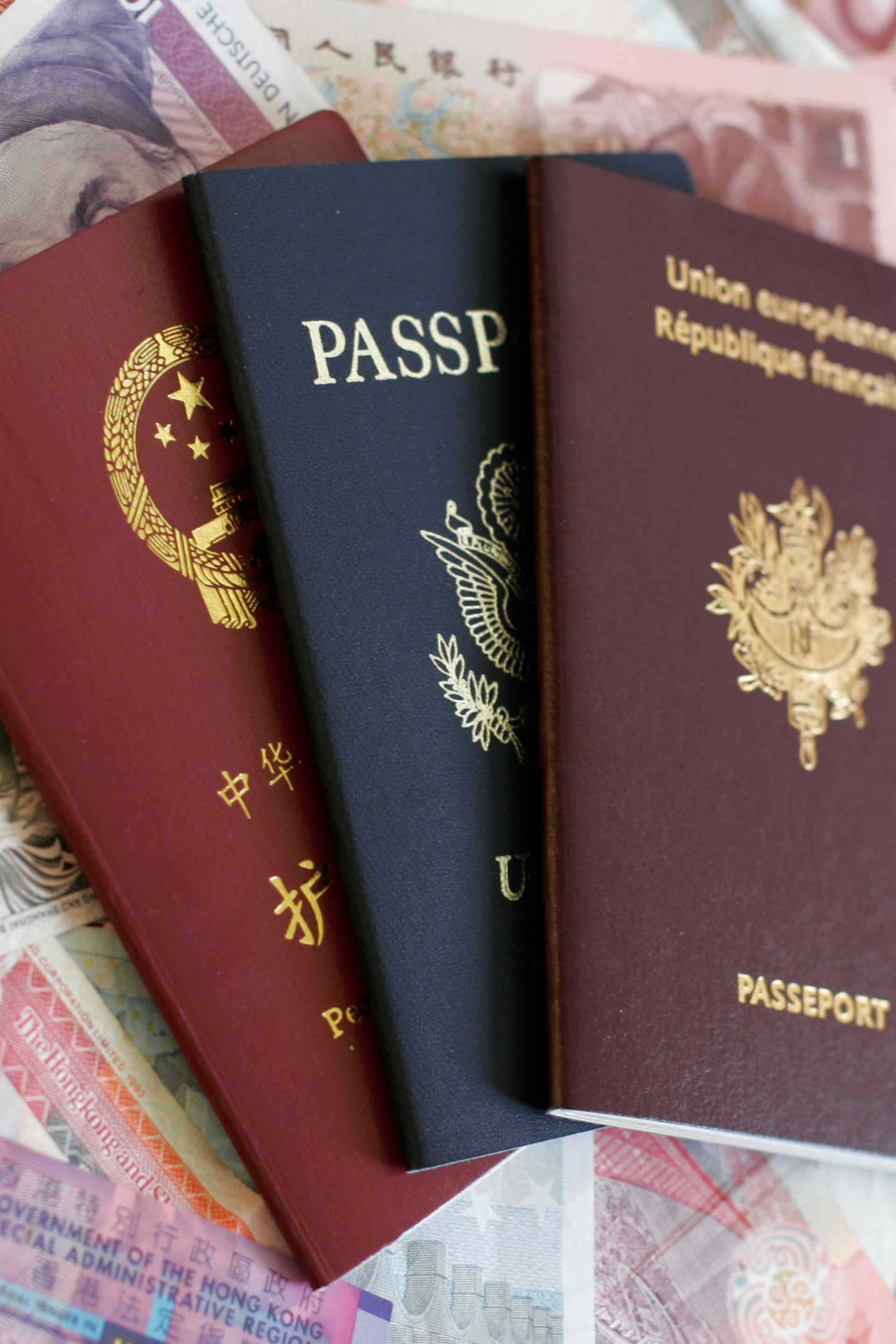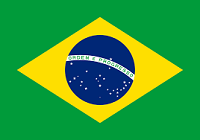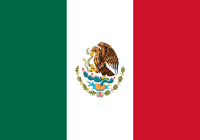If you are reading this text, it is very likely you are doing so because you were searching for some information about obtaining another
CITIZENSHIP or
MIGRATING to another country.
So, before I can develop these subjects more, which at the end of the day it is what you really want to know, I have decided clarify some
INTERNATIONAL LAW concepts that very often confuse people.
I say this because during the past 15 years I have got very used to receiving e-mails from my clients asking how do they do to obtain their
“PORTUGUESE PASSPORT” or how long it will take for them to obtain their
“PORTUGUESE CITIZENSHIP”, when what they actually what to know is how to get their “PORTUGUESE NATIONALITY”.
Although I always understand what my clients mean when they use those terms incorrectly and it does not prevent me to provide them the service they are seeking, it is indeed important to educate people about the right meaning of things.
The same way, clarifying them is also important to explain another favourite subjects of the people who write to me, which are
VISAS,
RESIDENT PERMITS,
IMMIGRATION and etc.
Therefore, beforehand, I must say that all these concepts only exist because the
STATE exists. I will not ramble about the historical context of the formation of the
STATES and neither go deeper talking about their philosophical and political background, otherwise this text would become too long and boring for my readers.
I assume you came here because you want to read practical and easy information and not some Political Science treaty, but if you want me to develop more about this subject, including inviting an expert to talk about it, just let me know by writing to
contact@larissabonaglobal.com or commenting on our social media or comment section.
Anyway, returning to our main discussion, for this text and for
INTERNATIONAL LAW what it is important to know is that, according to the General State Theory, the
STATE has 3 elements:
1. TERRITORY, which is the geographic space where the
STATE exercises its political authority (sovereignty);
2. THE PEOPLE, which is its human element and comprises all individuals who are legally bound to a
STATE through their
NATIONALITY; and
WARNING: PEOPLE ≠ POPULATION!
POPULATION is actually all persons in a territory during a certain moment, including foreigners and stateless people.
For example, I am a Brazilian national because I am legally bound to Brazil as I was born in that country, but I am currently part of the Mexican population as I am in Mexico.
3. SOVEREIGN GOVERNMENT, which is the authority that exercises the political power in a
STATE without the interference of foreign powers.
Why is it relevant to list the elements of the
STATE? Because if you understand them, it is easier to understand the other concepts I am going to explain here.
I hope this text was helpful to make clear to my readers that the terms
NATIONALITY,
CITIZENSHIP and
PASSPORT are deeply related, but they do not mean the same thing.
Nonetheless, if you write to me to talk about applying for your
NATIONALITY, please, do not be worried about using the correct term. I will understand whatever word you use!
REFERENCES
[1] https://www.mea.gov.in/overseas-citizenship-of-india-scheme.htm
[2] https://www.fileright.com/blog/whats-the-difference-between-a-u-s-national-and-a-u-s-citizen/
[3] https://www.unhcr.org/3b66c2aa10











